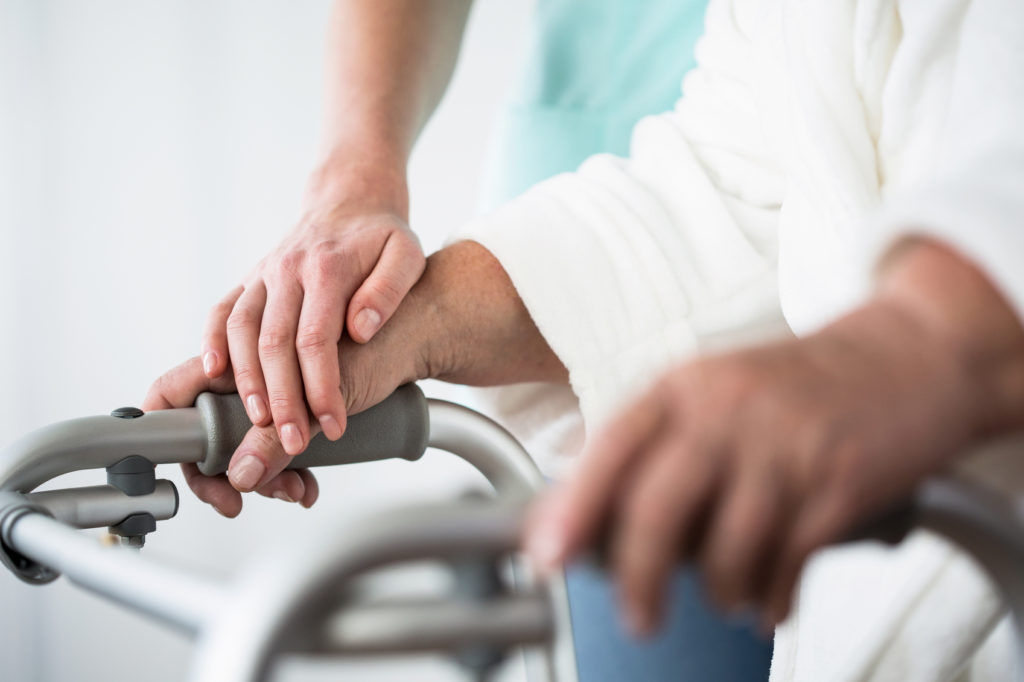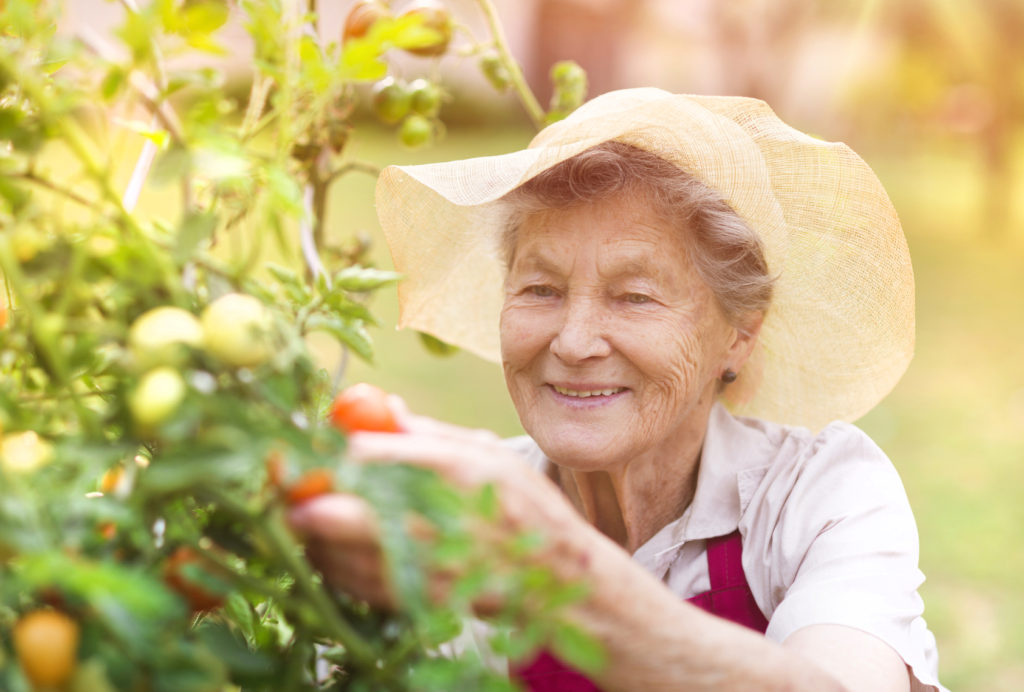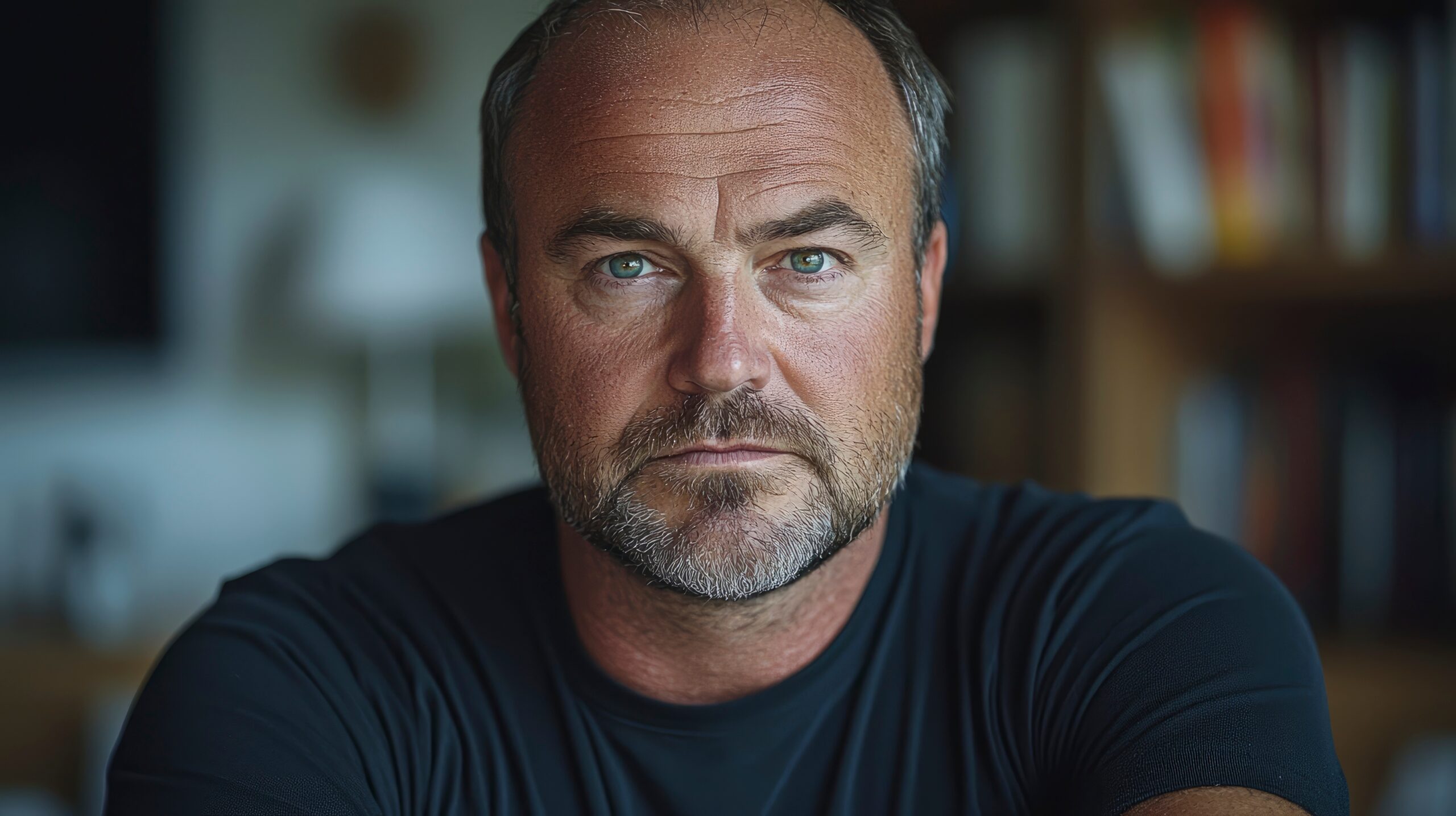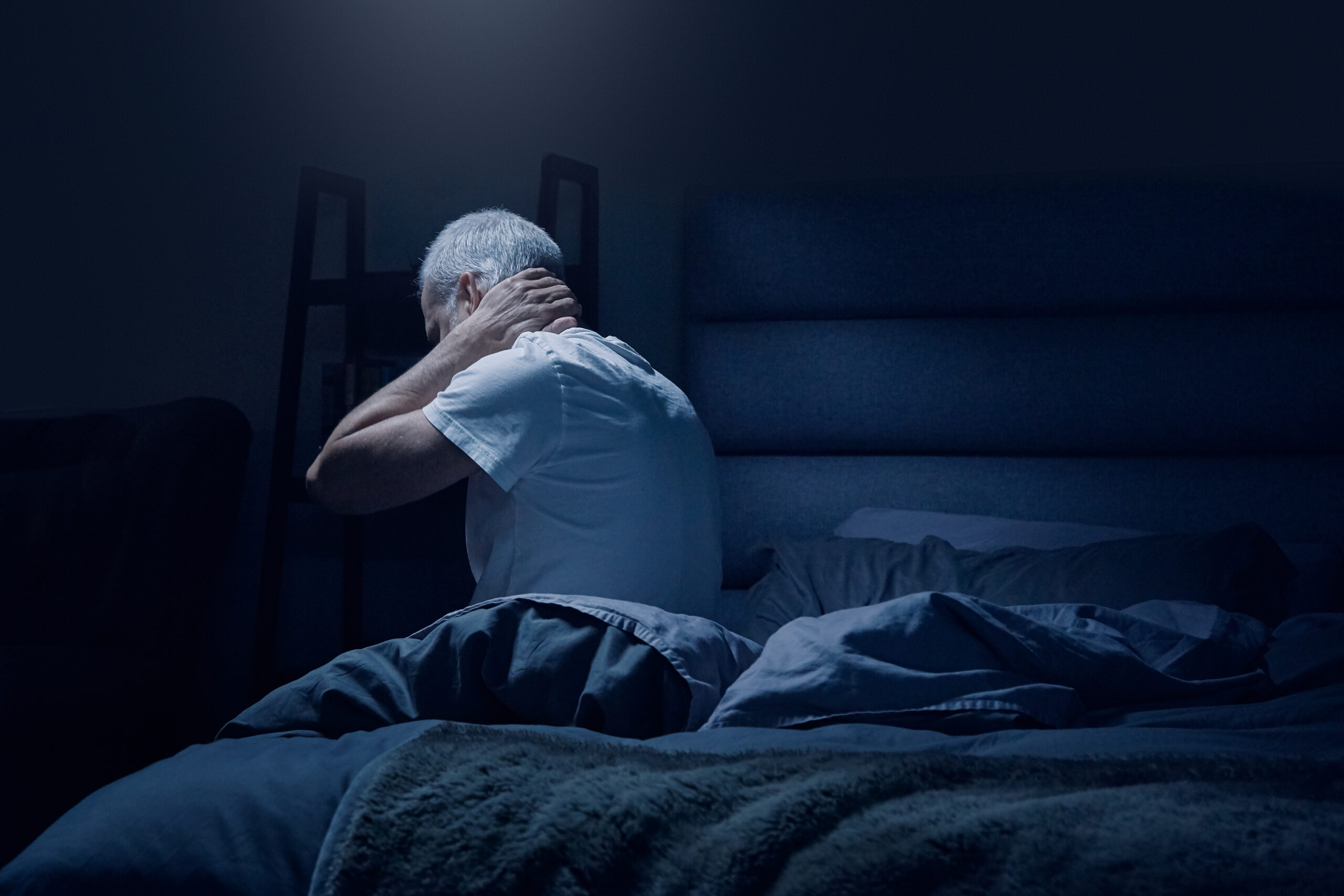Falls and most importantly, their prevention, are an increasingly important topic for our older Australians. One in five of the NSW community aged 65 or older experience a fall each year. Most of these falls don’t leave lasting damage, but one in five are much more serious in nature. The more serious falls can lead to a potential broken bone or head injury. In fact, falls are the most common cause of traumatic brain injuries.

Even if you have a narrow escape and don’t injure yourself too badly with a fall, the fear that develops around the potential of it happening again becomes a risk factor in itself. It might even discourage you from taking part in simple everyday activities. This becomes a vicious cycle as less activity will eventually impact the strength of your bones and can also cause muscle weakness – both things that can actuallyincrease your risk of another fall.

Another nasty consequence of a fall can be a broken hip. The recovery process is lengthy and often involves extensive rehab. Living on your own after a hip fracture becomes much harder and often means deterioration in walking and a loss of independence. Population studies have shown that hip fractures are the most serious falls-related injury in older people, with a concerning 15 per cent dying in hospital and a staggering one-third not surviving beyond the first year after a fall.
Incredibly, Aussies over the age of 65 injured during a fall make up for 1.4 million days spent in hospital across the nation.
A bunch of research has been done to identify risk factors that may be preventable. Here is a list of them below:
- Weakness of the lower limbs
- Poor balance
- Unsteady gait
- Vitamin D deficiency
- Osteoporosis
- Side effects of some medicines
- Poor vision
- Poor footwear
- Obstacles in the home
So here are some tips that you can use to help prevent yourself taking a tumble:
- Get moving – regular exercise and physical activities that improve strength, balance and walking skills.
- Good food and supplements – balanced nutrition to increase bone and joint health.Perhaps have chat to your GP about taking supplements such as calcium and Vit D (check out our recent piece on the importance of Vit D).
- Know the risk factors that apply to you – speak to your GP to manage existing risk factors for falls such as potential side effects of any medication you may already be taking. Be sure to be screened for osteoporosis too.
- Comfortable feet – wear shoes that give you foot and ankle stability.
- Regular eye exams – make an appointment with your optometrist every 6 months and stay on top of your vision.
- At home – regularly scanning your home for things that may cause a trip hazard, like a rug or something left in the walkway.



